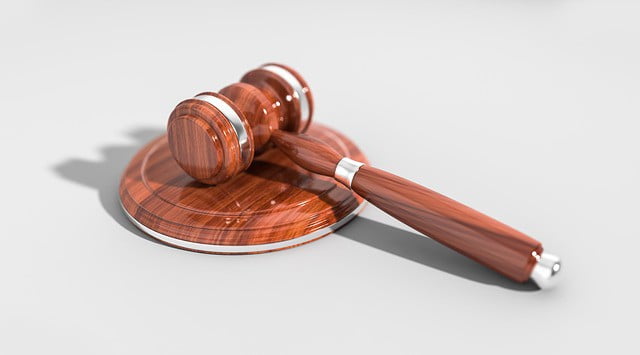Before opening your mouth to speak to the media or dashing off an email or tweet that might find its way into a newsroom, it’s worth considering what the legal ramifications of your words might be. Once they’re broadcast, printed or appear on social media, they are pretty much out there permanently.
If your statements fall foul of the law, it can be costly.
Years ago, when I was still a tech journalist on a major weekly South African business publication I was approached by a spokesperson for a mobile operator who wanted to know if I was interested in a story about a new product they were launching. I asked what it was, decided it was newsworthy and phoned the opposition network spokesman for comment.
His reaction was to dismiss the new product as “rubbish” in terms that were defamatory. I gave him the chance to reconsider his statement and send a response to me in writing. This he did immediately, repeating exactly what he had said on the phone. He should have known better.
There was an uproar when the story appeared and, eventually, the two networks went to court. Ultimately it cost the offending party R250 000 in damages.
Although media law is a specialised field itself and the media is regulated and held accountable by several organisations, much of what governs it applies to us all, so common sense will see you through most situations.
If you’re ever unsure about whether what you say or write might land you in hot water, apply the old adage that’s drummed into reporters and editors: If in doubt, leave it out.
And never preface a statement by saying it’s off the record. If it’s off the record, don’t say it. It’s that simple.
Remember too that there are ways of saying things that will deliver your message without compromising you legally. Just choose your words carefully. And if someone asks you a question, that doesn’t mean you have to answer it. Certainly not immediately anyway.
Most medium to large organisations have PR and communications specialists whose job it is to formulate messaging and make sure that boundaries aren’t crossed – and that includes legal boundaries.
Journalists usually have at least a smattering of media law knowledge that they can use to test the advisability of the things they broadcast or write. And, if they do cross the line around ethics and media law, there are seasoned sub-editors, and in bigger news organisations, specialist media lawyers, whose task it is to make sure what’s published or broadcast falls within the law.
One arena where many people come unstuck in legal terms is social media. They are perhaps freer with their opinions than is wise, and react too quickly to events and circumstances in a way that might affect their businesses.
Even companies with dedicated social media personnel – people who monitor and produce content for the likes of official Twitter, Facebook and Instagram sites – can get things wrong. Like any media presence, these should be controlled by experienced people who have a good basic understanding of the law and how it applies to communications in all its forms.
The media is now more immediate than ever and much of what appears in it is initially unfiltered. It’s worth taking a little extra time to make sure any message you deliver is true, sensible and does not compromise you, legally or otherwise. This could save you a fortune reputationally and financially.
*Greg Gordon is one of South Africa’s most experienced business, technology and lifestyle journalists. He has worked for National Geographic, City Press, Business Day newspaper, the Financial Mail, London Financial Times, Mail & Guardian and many others.


